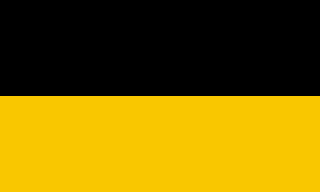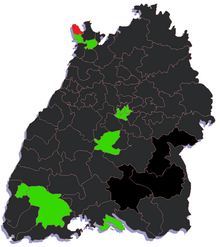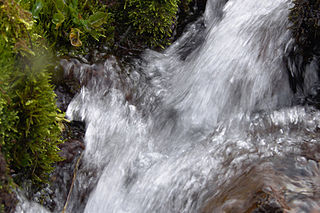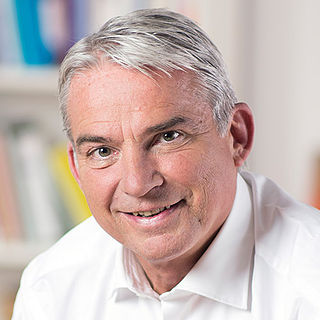| |||||||||||||||||||||||||||||||||||||||||||||||||||||||||||||||||
| |||||||||||||||||||||||||||||||||||||||||||||||||||||||||||||||||
All 138 seats in the Landtag of Baden-Württemberg 70 seats needed for a majority | |||||||||||||||||||||||||||||||||||||||||||||||||||||||||||||||||
|---|---|---|---|---|---|---|---|---|---|---|---|---|---|---|---|---|---|---|---|---|---|---|---|---|---|---|---|---|---|---|---|---|---|---|---|---|---|---|---|---|---|---|---|---|---|---|---|---|---|---|---|---|---|---|---|---|---|---|---|---|---|---|---|---|---|
| Turnout | 66.2% | ||||||||||||||||||||||||||||||||||||||||||||||||||||||||||||||||
| |||||||||||||||||||||||||||||||||||||||||||||||||||||||||||||||||
Seats won by party black = absolute majority for CDU grey = plurality for CDU green = plurality for Greens red = plurality for SPD | |||||||||||||||||||||||||||||||||||||||||||||||||||||||||||||||||
| |||||||||||||||||||||||||||||||||||||||||||||||||||||||||||||||||
The Baden-Württemberg state election 2011 was held on 27 March 2011 [1] to elect members to Baden-Württemberg's State diet, the Landtag of Baden-Württemberg in Stuttgart. It was the 14th state election since the foundation of Baden-Württemberg in 1952. Before, Stefan Mappus (CDU) had led a coalition government of his party with the FDP, which in the election lost its majority to Alliance '90/The Greens, who scored their all-time best state election result, and the Social Democrats.

Baden-Württemberg is a state in southwest Germany, east of the Rhine, which forms the border with France. It is Germany’s third-largest state, with an area of 35,751 km2 (13,804 sq mi) and 11 million inhabitants. Baden-Württemberg is a parliamentary republic and partly sovereign, federated state which was formed in 1952 by a merger of the states of Württemberg-Baden, Baden and Württemberg-Hohenzollern. The largest city in Baden-Württemberg is the state capital of Stuttgart, followed by Karlsruhe and Mannheim. Other cities are Freiburg im Breisgau, Heidelberg, Heilbronn, Pforzheim, Reutlingen and Ulm.
In politics, a diet is a formal deliberative assembly. The term is mainly used historically for the Imperial Diet, the general assembly of the Imperial Estates of the Holy Roman Empire, and for the legislative bodies of certain countries. Modern usage mainly relates to the Kokkai of Japan, called "Diet" in English, or the German Bundestag, the Federal Diet.

The Landtag of Baden-Württemberg is the state diet of the German federal state of Baden-Württemberg. It convenes in Stuttgart and currently consists of 143 members of five political parties. The majority before the 2016 election was a coalition of the Alliance '90/The Greens and the Social Democratic Party (SPD), supporting the cabinet of Green Minister-President Winfried Kretschmann. The current majority coalition is of the Alliance '90/The Greens and the CDU.
Contents
- Campaign and issues
- Stuttgart 21
- Transparent government
- Nuclear
- Direct Democracy
- Media
- Nuclear power
- Polls
- Results
- Post-election
- References
- External links
Like in all German states, elections in Baden-Württemberg follow the mixed member proportional representation. There are 70 constituency seats and at least 50 additional seats to be filled, making up a total of seats of at least 120. A higher number can be reached through overhang seats and additional seats to restore proportional representation. Unlike all other states, there are no party lists. Instead, the seats for a party which are not filled by constituency winners go to the party's remaining constituency candidates with the highest percentages of votes. For the first time, the Sainte-Laguë method was used to calculate the seat allocation.

Germany is a federal republic consisting of sixteen states. Since today's Germany was formed from an earlier collection of several states, it has a federal constitution, and the constituent states retain a measure of sovereignty. With an emphasis on geographical conditions, Berlin and Hamburg are frequently called Stadtstaaten (city-states), as is the Free Hanseatic City of Bremen, which in fact includes the cities of Bremen and Bremerhaven. The remaining 13 states are called Flächenländer.
Overhang seats can arise in elections under the traditional mixed member proportional (MMP) system, when a party's share of the nationwide party votes entitles it to fewer seats than the number of constituencies it won.
As a result, the top candidate of the Alliance '90/The Greens, Winfried Kretschmann, was elected as Baden-Württemberg's new Minister-President, the first of his party holding such an office in Germany, by the new majority of Greens and Social Democrats in the Landtag of Baden-Württemberg, and at least two votes from the opposition.

Winfried Kretschmann is a German politician of the Alliance '90/Greens. He has been Minister President of the state of Baden-Württemberg since 12 May 2011. From 1 November 2012 until 31 October 2013 he was President of the Bundesrat and ex officio deputy to the President of Germany. He is the first member of the Greens to serve in these offices. Himself identifying as a green conservative, Kretschmann has been associated with both socially and economically liberal policies.

Germany, officially the Federal Republic of Germany, is a country in Central and Western Europe, lying between the Baltic and North Seas to the north, and the Alps to the south. It borders Denmark to the north, Poland and the Czech Republic to the east, Austria and Switzerland to the south, France to the southwest, and Luxembourg, Belgium and the Netherlands to the west.
The agenda of the new government included managing the Energy transition, major education reforms, an increase to the land transfer tax to support the expansion of child care funding and eliminating tuition fees. [2]

Energy transition is generally defined as a long-term structural change in energy systems. These have occurred in the past, and still occur worldwide. Historic energy transitions are most broadly described by Vaclav Smil. Contemporary energy transitions differ in terms of motivation and objectives, drivers and governance.






















